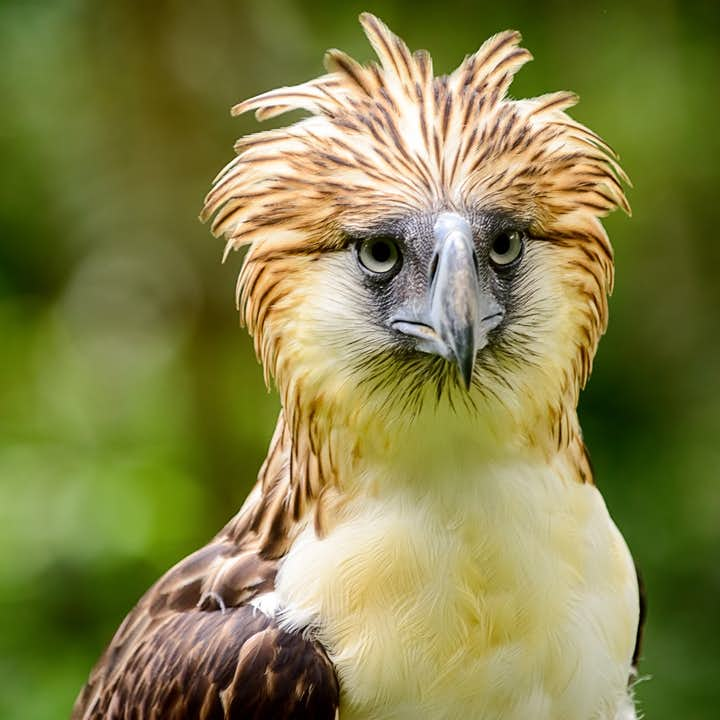Read the blog post quickly and check your ideas from exercise 1. GPS CHALLENGEDear FriendsCLAUDIA'S BLOGSorry I haven't blogged for a while. I've been a bit busy lately. You'll find out why... But first of all, have you ever heard of geocaching? It's a kind of treasure-hunting game that uses a GPS device-usually your smartphone-to find small containers called geocaches hidden all over the world. I can definitely recommend it- it's healthy and fun. So how does it work, exactly? Well, the first...
Đọc tiếp
Read the blog post quickly and check your ideas from exercise 1.
GPS CHALLENGE
Dear Friends
CLAUDIA'S BLOG
Sorry I haven't blogged for a while. I've been a bit busy lately. You'll find out why... But first of all, have you ever heard of geocaching? It's a kind of treasure-hunting game that uses a GPS device-usually your smartphone-to find small containers called geocaches hidden all over the world. I can definitely recommend it- it's healthy and fun. So how does it work, exactly? Well, the first step is to go to the geocaching website or download the geocaching app onto your phone. Then choose a geocache and start looking. People have been hiding geocaches for more than ten years, so there are literally millions of them around the world, including Antarctica!
Geocaching began around the year 2000. However, similar games did exist in the past. For example, in the middle of the 19th century, a game called 'letterboxing" became popular in the south of England. People walking in the countryside began to hide boxes of addressed postcards all along the route. When other walkers found a box, they collected the cards and posted them.
In geocaching, the boxes contain a logbook, where the person who finds it can write their name and the date. (They also record the find on the website.) Geocaches often contain a toy or gift, too. You are welcome to take this, provided you replace it with something you have brought with you.
The basic game just involves finding a geocache and recording it online and in the logbook. However, there are lots of variations: multi-cache challenges (each cache leads to the next until the final cache containing the logbook), 'travelling caches' (you move it to a different location and update the information on the website) and webcam caches' (you find a public webcam and capture an image of yourself on the webcam as proof of success). I've tried all of these types, and personally, I've enjoyed the multi-cache challenges the most.
Geocaching is an activity you can do alone or, like me, with a couple of friends, or at events with hundreds of other fans of the game. An example of such an event is the annual "Fumble after Dark' in November in Sweden. I'm seriously thinking about joining it next year. So why don't you get into geocaching too, and I might see you there!
Bye for now!
Claudia


Aaron Levie runs an IT company. ‘Box’ is a good name because the company offers a way of storing data.
(Aaron Levie điều hành một công ty về công nghệ thông tin. “Box” là một tên hay vì công ty cung cấp một cách để lưu trữ dữ liệu.)